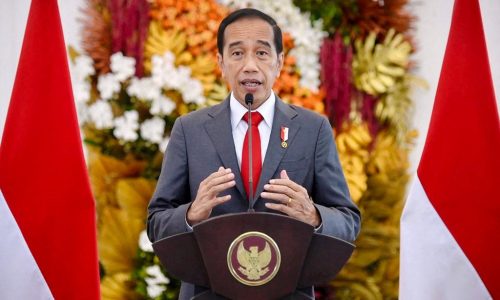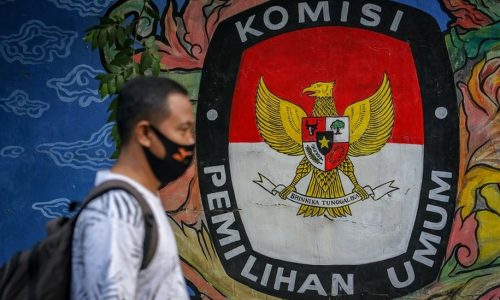The Indonesian Employers Association (Apindo) opposes the implementation of the Tapera public housing savings program, which requires a 3 percent contribution from workers’ wages, with 0.5 percent to be paid by employers.
“Since the introduction of Law No. 4/2016 on Housing Savings for the People, Apindo has consistently rejected its enforcement,” Shinta Kamdani, Apindo’s Chairwoman, said in a statement on Tuesday, May 28, 2024.
Shinta added that Apindo has held numerous discussions, coordinated efforts, and sent letters to the president about Tapera. Labor unions have also opposed the program’s implementation, aligning with Apindo’s stance.
She cited that while employers support the welfare of workers, including housing provisions, the Tapera program imposes an excessive financial burden on both employers and employees.
Shinta argued that the regulation enacted on May 20, 2024, essentially replicates the existing Additional Service Benefits (MLT) housing program for workers under the Old Age Security (JHT) scheme by BP Jamsostek.
“The additional burden of 2.5 percent for workers and 0.5 percent for employers is unnecessary, as the funding can be sourced from the Workers Social Security Agency (BPJS Ketenagakerjaan) funds,” she said.
Apindo believes the government should better utilize BPJS Ketenagakerjaan funds. Up to 30 percent, or Rp 138 trillion, of the total JHT funds of Rp460 trillion, could be allocated for the workers’ housing program.
Apindo sees the new Tapera regulation as adding an extra burden for both employers and workers. Currently, employers bear a contribution burden ranging from 18.24 percent to 19.74 percent.
This burden includes social security for employment (6.24 percent-7.74 percent), health insurance (4 percent), and severance reserves according to PSAK (8 percent). Social security for employment encompasses old-age benefits (3.7 percent), death benefits (0.3 percent), work accident insurance (0.24 percent-1.74 percent), and pension insurance (2 percent).
“This burden is further increased by the depreciation of the rupiah and weakening market demand,” Shinta added.
Apindo has conducted outreach to developers through the Property Developers Association (REI) and initiated the signing of a collaboration between BPJS Ketenagakerjaan and two Himbara banks (BTN and BNI), as well as four regional banks (Bank Jabar, Bank Jateng, Bank Bali, and Bank Aceh) to expand the benefits of the MLT Housing Program for Workers.
Shinta suggested that if the government insists on implementing the Tapera contributions, it should first apply to funds collected from civil servants (ASN), the military (TNI), and the police (Polri), where the benefits are fully under government control.
“If the evaluation results are positive in terms of management, then it can be considered to extend the coverage to the private sector,” she said.









